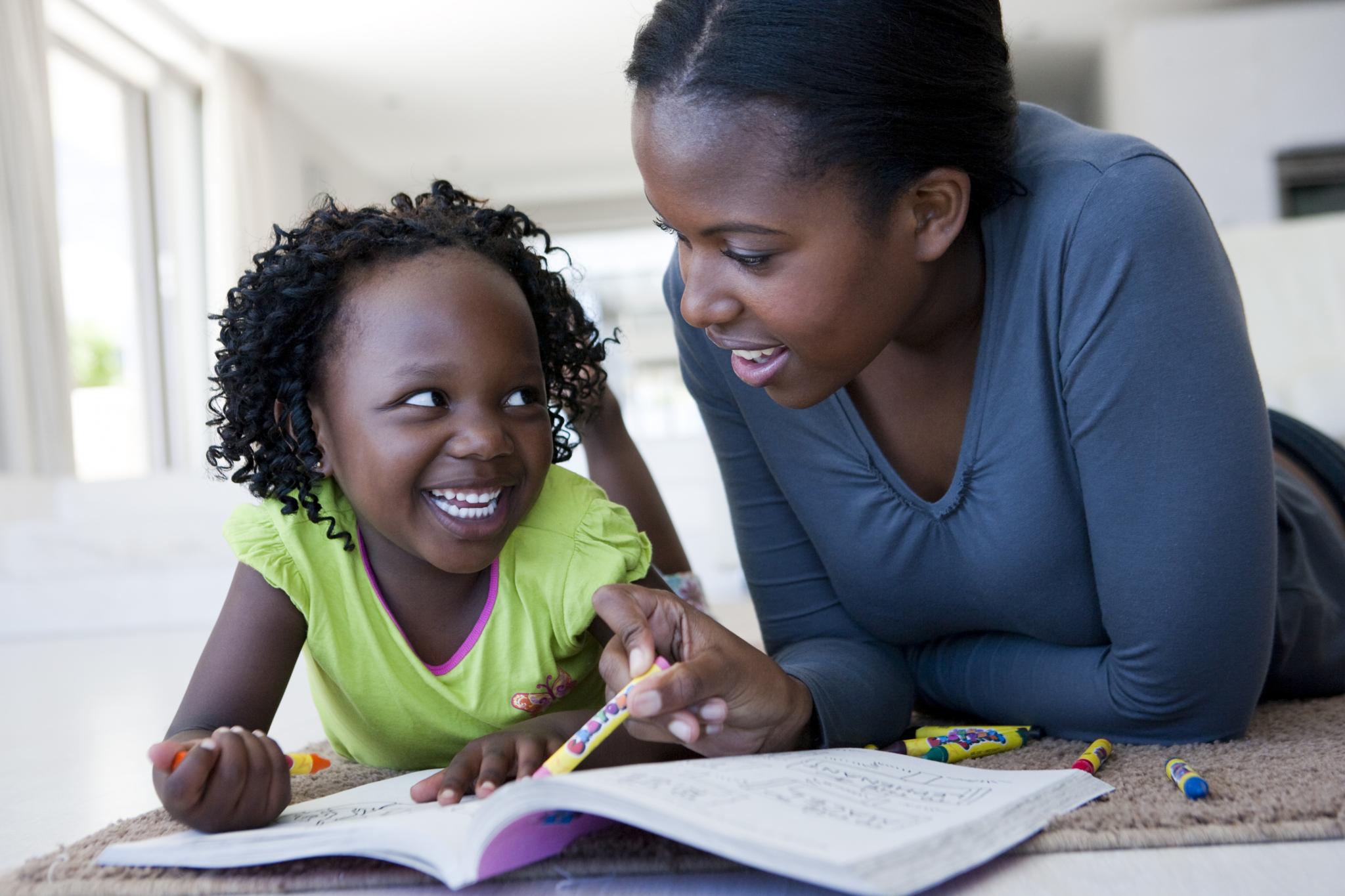







Effective communication skills can go a long way to ensure academic success for your child. When communicating with teachers, it’s essential for parents to be present and active, develop a listening and collaborative attitude and keep all lines of communication open. Our teachers are charged with a very important task, but so are parents. Check out what a few ESSENCE.COM readers, who happen to also be educators, had to say about working toward effective communication this school year.
“It’s a great idea for parents to write a few questions out for the teacher at the beginning of the school year. Writing down your concerns and expectations beforehand allows for a more focused and clear conversation.” – Staci Woodley, Principal
“When it comes to communicating, both parents and educators should be willing to listen. Parents often defend their children based on information the child has provided while educators may have a difficult time assessing the unique circumstances of a student. Parents and teachers need to be on the same page.” – Tameica Williams, LMSW
“Remember that educators are just as interested in your child’s educational success as you are. Try not to wait until Meet and Greet or Parents Conference to introduce yourself to your child’s teacher. The key is: Talk to teachers early and often.” – Michelle Atterberry, Teacher
“Asking the right questions is key. Start with questions like: ‘How do I know if my child mastered this subject?’ and ‘How do I get involved in decision-making at the school?’ or ‘What is your preferred method of communication?’ Please remember educators are human beings charged with cultivating a love of learning with your child and likely 50 – 100 other children. A little understanding and a lot of proactivity goes a long way.” – Khalilah Harris, Executive Director
“Teachers and parents are deeply passionate about one common groupÚ children. The most success occurs for all students when teachers and parents work cooperatively and collaboratively. When meeting with teachers, parents should ask questions about their child’s strengths and weaknesses in each class or subject. Ask the teachers to provide ideas that can help support the child’s academic and behavioral success in school and at home. Many school communities have Parent Liaisons, guidance counselors and social workers that can provide resources to parents and students.” – Dr. Rachel Brown-Miller, Teacher





